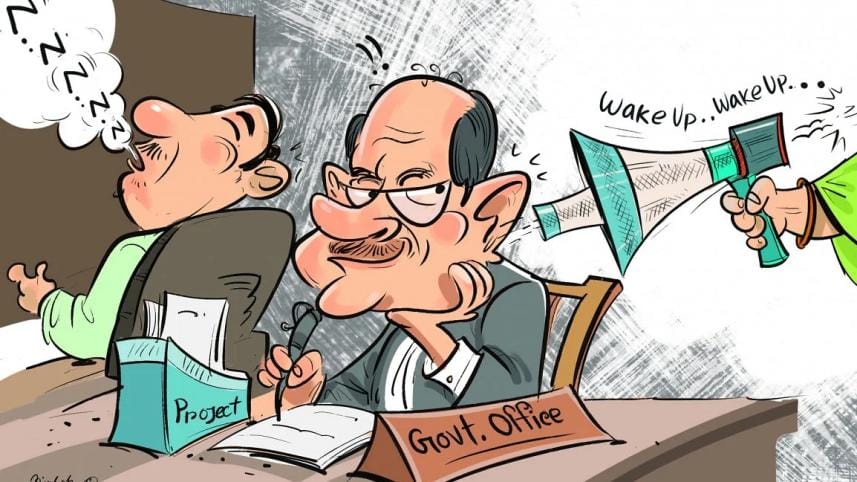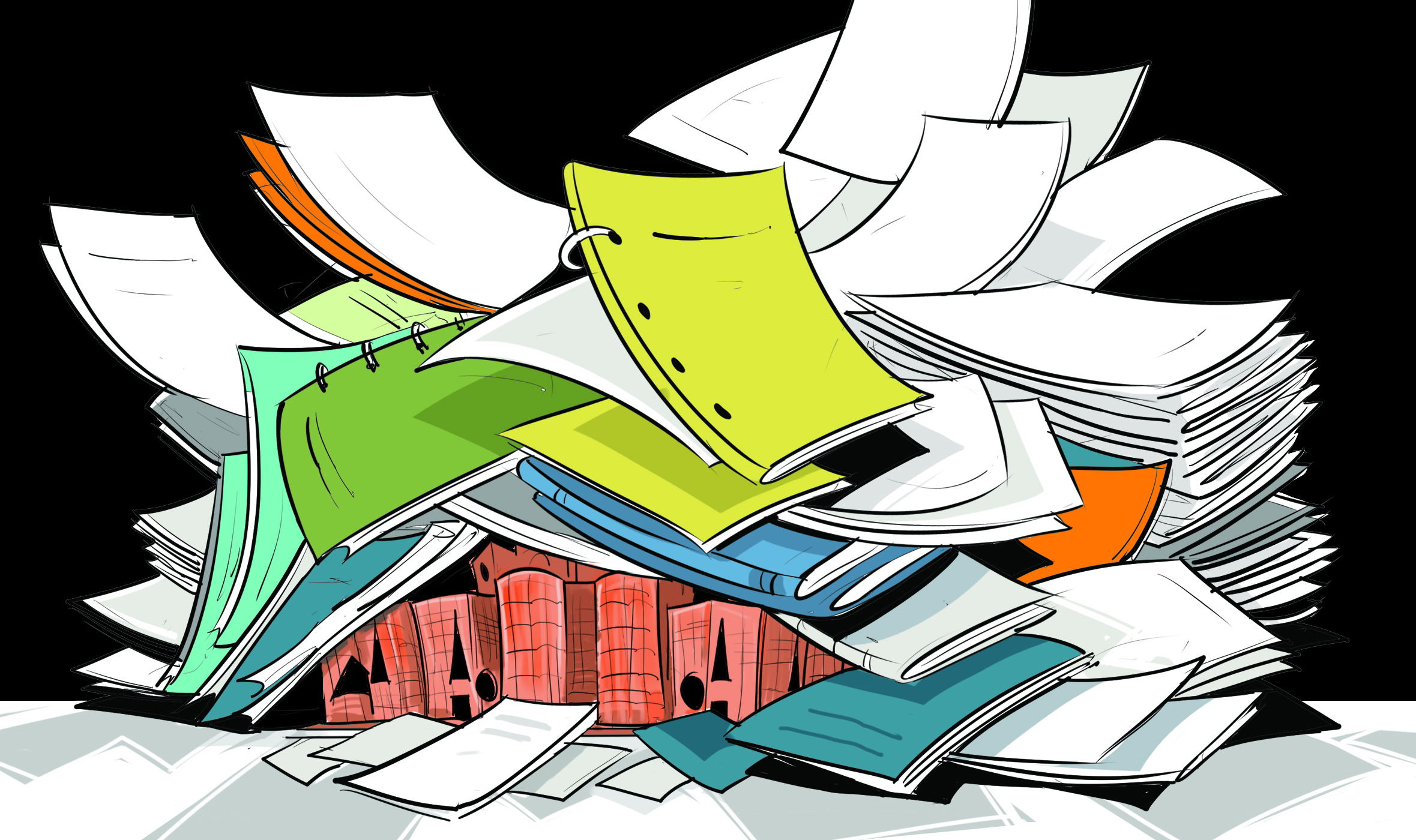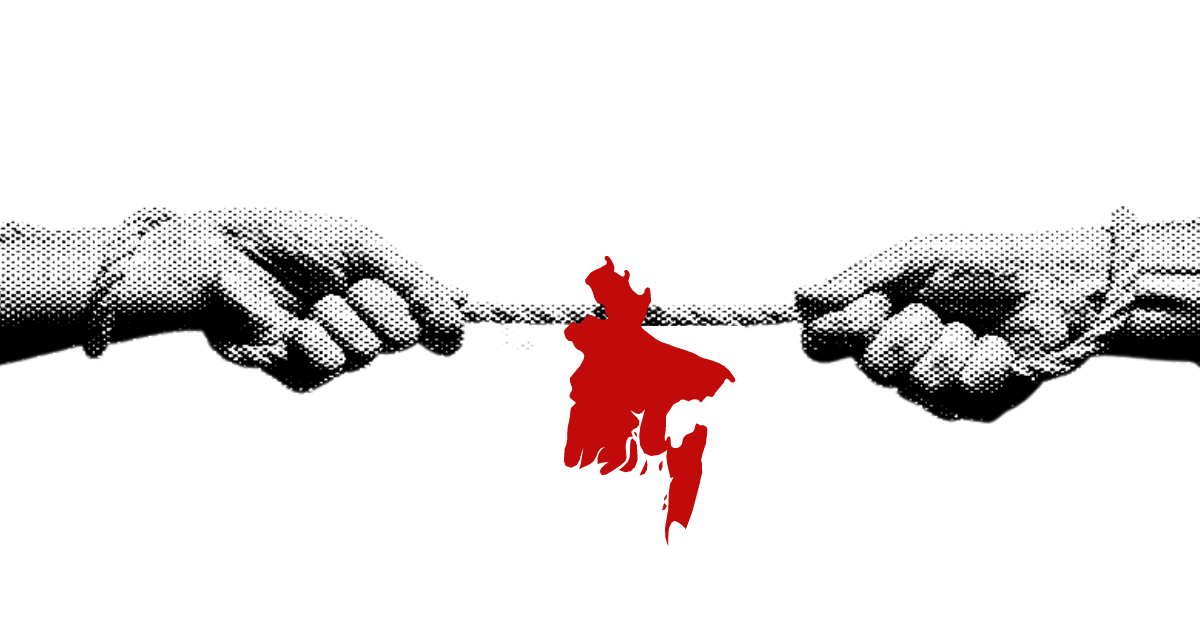Behind the pre-eminence of bureaucrats

On January 27, the editor of this newspaper, Mr Mahfuz Anam, ruefully observed in an article titled "Who runs the country?" that, "Today, more and more decision-making rests in the hands of powerful bureaucrats who have greater access to the centre of power in the person of the PM who, over the last several years, has come to rely more on the bureaucrats than on her political colleagues." He also commented that, "with the huge amount of resources allocated in our annual budget and mega-projects that are completely under bureaucratic control, the power of our bureaucrats has reached unimaginable levels, making for a lethal combination of political influence and control over allocation of funds." He sarcastically observed that, "the government is on its toes to take every step that will win them over to its side". Concluding by saying that: "Unless we restore elections to their free and fair status, the bureaucracy's power will continue to rise;" with concomitant decline of the stature, prestige, and power of our politicians thus "making for an ominous future for our democracy".
From the above narration, an impression may form to the effect that the power-obsessed bureaucrats of Bangladesh, in cahoots with conniving politicians, are the real roadblocks to the country's desirable socio-economic development. The reality on the ground perhaps indicates otherwise, because in developing countries bureaucracy has to be a prominent participant in the exercise of power. This is natural because the "bureaucracy has been called an instrument engaged in meeting the systemic goals of the society".
One has to admit that in public administration the role of bureaucracy emerges as the executor of public policy that are formulated by the political executive with inputs from several sectors, including the bureaucracy. The policies are then implemented through public organisations. The bureaucracy plays an indispensable role as organised and rational means of performing essential functions for the government.
There is no denying that in Bangladesh, the bureaucracy has been recognised as the dominant group that is effective in the shaping, formulation, implementation and even revision and termination of all policies and programmes of the government. It assumes importance in the eyes of political executives, legislators and also the groups and individuals impacted by the decisions and recommendations of the bureaucrats. As such, bureaucrats make themselves invaluable to the ruling group which seeks to use the bureaucracy for the advancement of their own interests.
The question is one of making the bureaucracy more responsible and responsive. Some experts argue "that only a substantial development of bureaucracy can lead to constitutionalism and provide checks on those who exercise power". We may have to admit that extra-bureaucratic political institutions in Bangladesh are markedly weak in comparison to their bureaucratic counterparts. We also have to unfortunately agree that the expansion of administrative organs and the proliferation of their functions have outpaced the development and strengthening of parliamentary bodies and other political institutions.
The cynics may say that in third world countries politics has assumed the dimension of a vicious circle wherein persons of integrity and talent will not enter public life because of the filth and stench; and the irony is that public life cannot be cleansed unless persons of talent and integrity enter it
Under such circumstances, we need to have the growth and nurturing of mature political institutions and other checks on the arbitrary actions of the bureaucracy.
The greatest need for development administration remains the strengthening of parallel political institutions and authorities for balancing the undesirable concentration of powers and functions in the bureaucracy and making it responsive to the needs and aspirations of the people and the society.
There used to be a considered view during the pre-1971 times and the same perhaps still persists that the political calibre cannot match the service calibre and, consequently, there is undesirable concentration of power in the bureaucracy. If that be so, then the question is why politics fail to attract the ethically correct competent people. And this is very important as every democracy must have an aristocracy of talent, of knowledge and of character to effectively assert its authority. Have our political parties failed to enlist honest and knowledgeable citizens in the democratic process that affects public life? Surely, we cannot have the sordid amalgam of lack of intellect with lack of character and lack of knowledge in our politicians.
The cynics may say that in third world countries politics has assumed the dimension of a vicious circle wherein persons of integrity and talent will not enter public life because of the filth and stench; and the irony is that public life cannot be cleansed unless persons of talent and integrity enter it. The nation has to come out of this quagmire.
Since politics is neither an occupation nor a profession and since politicians blessed by credible popular support can perhaps justifiably claim to be more patriotic, it should be their responsibility to rein in the errant and arrogant elements of bureaucracy, and put them in their proper place. They should be able to effectively demonstrate that personal enrichment shall not be the objective of holding public office and that a rule-based society is the sine qua non of a democratic polity.
The anxiety in the portrayal of bureaucracy as the principal villain in our governance parlance can be understood in our conditions. Perhaps it is a natural weakness to revile that which we cannot do without.
Muhammad Nurul Huda is a former IGP of Bangladesh Police.




 For all latest news, follow The Daily Star's Google News channel.
For all latest news, follow The Daily Star's Google News channel. 

Comments